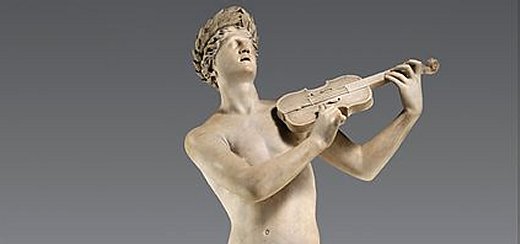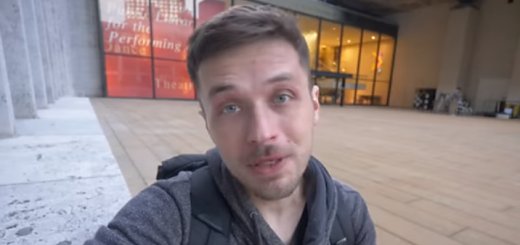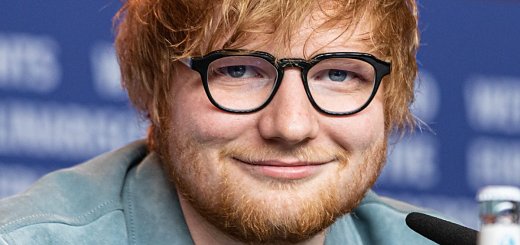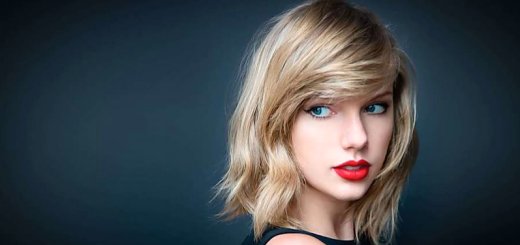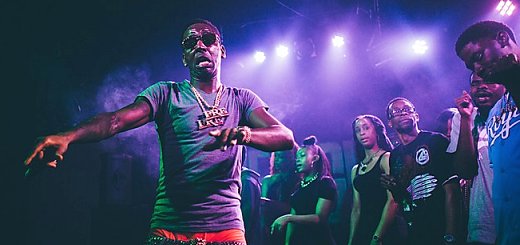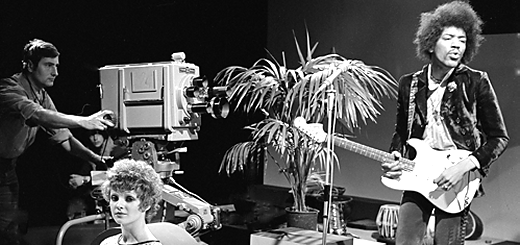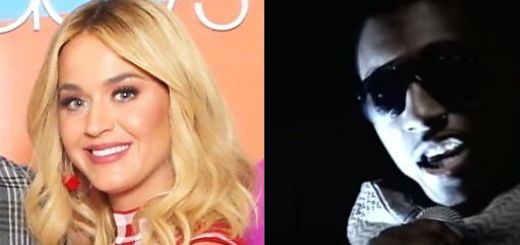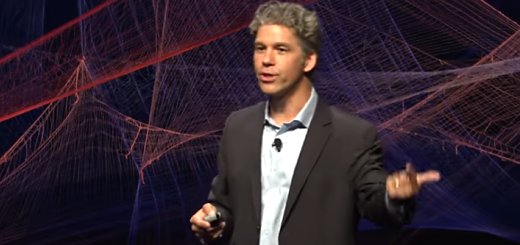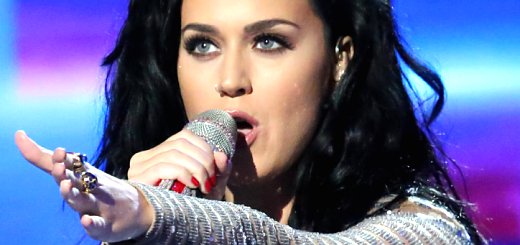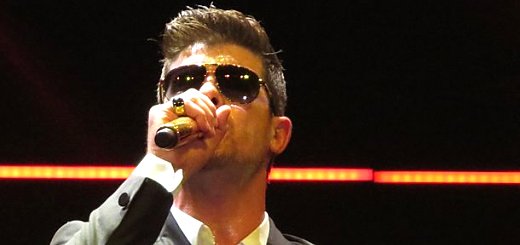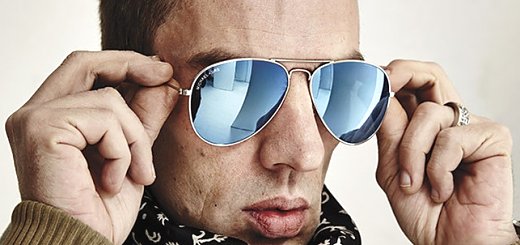MBW: US Legal ruling over AI-generated cartoon will have major implications for music
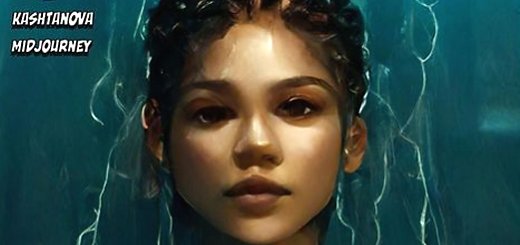
"If the courts decide that not enough human input goes into an AI-generated work, then that work cannot be protected by copyright, and then the work will fall into the public domain, meaning that creators would lose their IP protections" - the law expert Barry Scannell points out for the MBW. Last week exactly that happened - "the US Copyright Office (USCO) refused to grant a copyright registration to AI images in Kristina Kashtanova’s Zarya of the Dawn comic (the Work), which used Midjourney generative AI art... This decision potentially has major implications for US creative industries, from music to art to gaming, as it calls into question whether works which utilise (even in part) AI technology can be protected by copyright."
